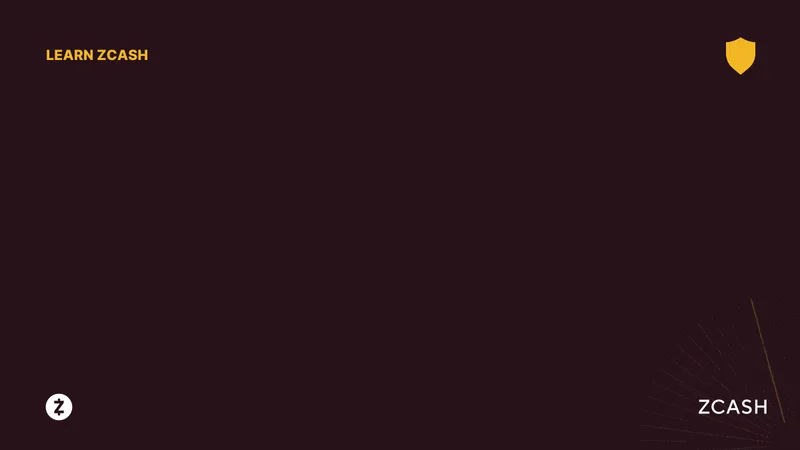Zcash's Privacy Push: Bitcoin Killer or Just Another Altcoin Dream?
Zcash (ZEC) is making waves, and not just because its price is bouncing. The chatter is getting louder – could this privacy-focused coin actually dethrone Bitcoin? It's a bold claim, but let's dive into the data and see if it holds water.
Privacy: The Ace in Zcash's Hole
The core argument for Zcash's potential lies in its privacy features. Bitcoin, for all its revolutionary impact, operates on a fully transparent ledger. Every transaction, every wallet address, every amount transferred is permanently visible. (It's pseudonymous, sure, but de-anonymization is getting easier.) Zcash, on the other hand, utilizes zero-knowledge proofs (zk-SNARKs). This allows for shielded transactions, concealing the sender, receiver, and amount.
Edward Snowden, among others, has pointed to Bitcoin's lack of privacy as a critical flaw. Thor Torrens goes further, arguing that Bitcoin can't retrofit privacy into its base layer, paving the way for Zcash. Max Belfort sees Zcash leading the next wave of crypto adoption, driven by the demand for privacy. Why Experts Believe Zcash Could Replace Bitcoin - Yahoo Finance.
But let’s not get ahead of ourselves. The reality is that shielded transactions on Zcash aren't the norm. Data shows that a significant portion of Zcash transactions still use transparent addresses. Why? Usability. Shielded transactions require more computational power and can be clunkier to execute. Are users truly prioritizing privacy if it comes at the cost of convenience? I wonder.
The Bitcoin Comparison: Apples and Slightly Different Apples
Zcash proponents often highlight its similarities to Bitcoin: a fixed 21 million token supply, a genesis in the original Bitcoin code, a parallel economic structure. But these are superficial resemblances. The crucial difference lies in network effect and adoption.

Bitcoin's network effect is massive. It's the most recognizable cryptocurrency, with the largest infrastructure, the highest liquidity, and the broadest acceptance. Zcash, while technologically interesting, is still a niche player. I've looked at hundreds of cryptocurrency adoption charts, and the gap between Bitcoin and Zcash is not closing at any meaningful rate.
Now, let's talk about the "built from Bitcoin code" argument. So were Litecoin, Dogecoin, and countless other forks. Sharing a common ancestor doesn't guarantee success. In fact, it often highlights the original's dominance.
The Privacy Premium: A Real Demand or Wishful Thinking?
The core question is: how much is privacy actually worth to the average crypto user? There's no easy way to quantify this. We can look at the market capitalization of privacy coins like Monero and Dash, but that's a flawed metric. Market cap is driven by speculation as much as genuine utility.
Online sentiment is a messy dataset, but it offers clues. A cursory glance at crypto forums and social media reveals a vocal minority passionately advocating for privacy. (It tends to be the "crypto-anarchist" corner of the internet.) But the vast majority of users seem more concerned with price appreciation and ease of use. This is the part of the report I find genuinely puzzling. Are people truly concerned about privacy, or is it just a talking point to justify investment in a smaller coin?
It's also worth noting that Bitcoin privacy solutions are evolving. Projects like Taproot and the Lightning Network are aimed at improving Bitcoin's privacy capabilities. Whether these efforts will be enough to satisfy privacy-conscious users remains to be seen.
Privacy is a Feature, Not a Guarantee of Supremacy
Zcash's privacy features are undeniably valuable. But equating it to a "Bitcoin killer" is premature, to say the least. The network effect is a powerful force, and Bitcoin's first-mover advantage is a massive hurdle to overcome. The real question is whether the demand for on-chain privacy will ever be strong enough to truly challenge Bitcoin's dominance. The jury's still out on that one.




